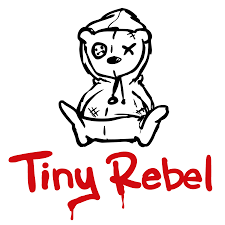“This country!”
“My upbringing!”
“This government!”
“I can’t do that”
“My school!”
“We have no voice!”
“My parents!”
“My boss!”
“I’m not able to do that!”
“My team mates!”
“This company!”
“My age/gender/colour/religion!”
“My job!”
“I was never given the chance!”
“This place!”
“This isn’t the right time!”
“I’m not able to talk to them like that!”
“This industry!”
There’s always a reason.
There’s always an explanation.
There’s always an excuse.
There’s always a belief holding somebody back or underpinning their behaviour.
These are all examples of how the stories in our heads can sometimes become anchors that hold us back called ‘self-limiting beliefs’. They’re ‘reasons’ that drive our behaviour or hide our shortcomings.
Of course this isn’t to trivialise real issues where they exist – it’s to point out two things which are of huge importance for leaders and managers.
1, Identify how your stories shape your own beliefs and the beliefs of those around you. Be analytical of yourself and your own language patterns. See how changing them changes the way others perceive things and behave
2, Listen out for the beliefs of others and you’ll be able to understand, engage and motivate them far more effectively. A skilled manager can use coaching techniques to identify the beliefs that hold people back and can reduce or eliminate them
Albert Einstein said, ‘the environment is everything that isn’t me’.
You can spend as much time as you like finding excuses amongst your environment or, as every successful leader will tell you, you learn to work it, create it and shape it.
More information























